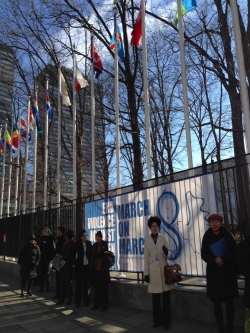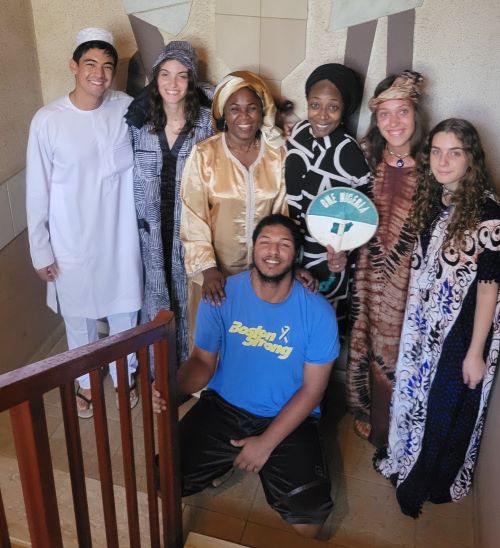 The 2024 STEAM camps tutors, their host Hon. Adedayo Benjamins-Laniyi, and Ibrahim, at her house in Abuja, Nigeria in July 2024.
The 2024 STEAM camps tutors, their host Hon. Adedayo Benjamins-Laniyi, and Ibrahim, at her house in Abuja, Nigeria in July 2024.Our first science, technology, engineering, art, and mathematics (STEAM) camps, in 2019, gave us opportunities to learn and grow. We brought STEAM kits that included measuring tapes, pipettes, sand timers, test tubes, strings, boxes, and bouncy balls, as well as local materials and products, into communities in Nigeria to teach students STEAM. This has become my passion. A lawyer by vocation, a visiting professor by choice, I found myself in elementary and high school classes ready to learn science in order to be effective in the field with children like I was at that age, 10 to 15—powerless, voiceless, poor, and illiterate.
Fulfilling a dream—I wanted the children to have what I did not have, and so I immersed myself. If I could go from hawking any saleable goods in my village to teaching at Harvard University, then those children could realize their potential to be even better than me. This is also in line with the Convention on the Rights of the Child, Article 31, which states that children of all ages have the right to access and fully participate in cultural and artistic life.
Over the next five years, Dr. Robeson and the Wellesley Centers for Women supplied some of those items for our STEAM camps in Nigeria. It was important to me to ensure that whoever, whatever will add value to my dream was not beyond my reach. For the most part, we did not have the resources, but it never stopped the camps. I acknowledge with gratitude the generous donations from First Parish in Lincoln, Massachusetts. In addition, the director of the University of Rome, Tor, Vergata, Italy, has been instrumental to the work in Nigeria, allowing students from the university to be tutors.
Generally, the students from the University of Rome or elsewhere buy their plane tickets and I provide accommodations, food, and security, with the help of governmental agencies in Nigeria. Students chosen to go must have the ability to adapt, be patient, have empathy for others, possess a nurturing instinct, and be able to be flexible.
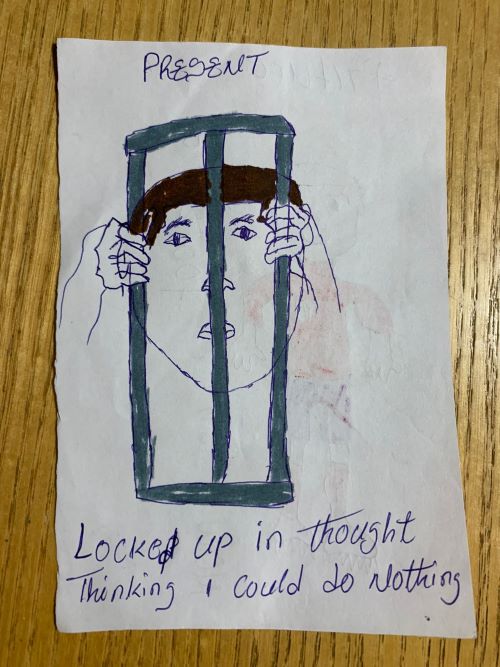 A drawing by a student from one of the 2024 STEAM camps.
A drawing by a student from one of the 2024 STEAM camps.Our previous camps were successful, but the 2024 STEAM camps were exceptional, a game changer. In addition to working with children, we also were able to train teachers from schools and other organizations to continue what we did in the camps.
This past summer we were able to work with children from orphanages, children with disabilities, and others. Our five tutors at the 2024 STEAM camps were Matilde Belleggia, Anna Cascarino, David Marulanda, and Angelica Felici Caravella, all from the University of Rome, Tor, Vergata, Italy, and Silvio Dionisotti from the U.S. These tutors provided intrinsic motivation, enjoyment, and positive attitudes, helped with cognitive problem-solving and self-discipline, developed tools for communication and meaning-making, and fostered creativity and imagination for the children whose communities participated around Abuja, Nigeria and beyond.
Our art teacher, Angelica, was creative in her approach to teaching. She asked the children to draw themselves now, and what they want to be in the future. One of my favorites was the drawing that said, “now I feel I am in a cage, but in the future, I want to be a footballer.” Another was an answer from a pupil that is full of food for thought: In answer to the question of what she wants to be in life, she said “a white girl.” The idea of being white could be a rejection of who she is and that may hinder a few things as she grows up. I told her what matters is the content of her character and not the color of her skin.
The art classes led to the publication of The Children's Artwork, from 2024, Science, Technology, Engineering, Arts and Mathematics' (STEAM) Camps, published by the University of Rome Press in January 2025.
Hauwa Ibrahim is a Senior International Scholar-in-Residence at the Wellesley Centers for Women. She is an international human rights and Shariah law attorney with significant academic and government experience.


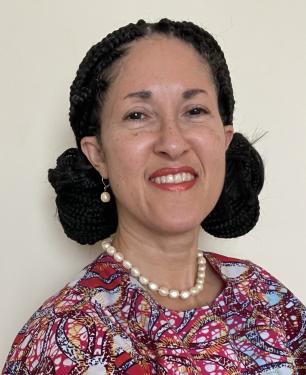 Dear Friends of WCW:
Dear Friends of WCW: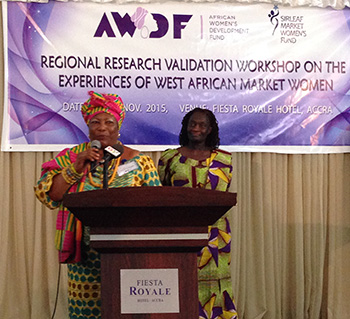
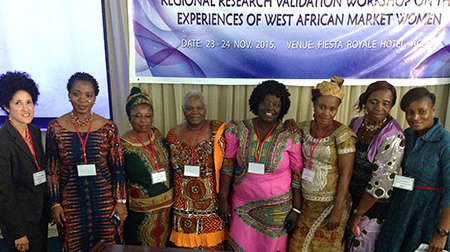
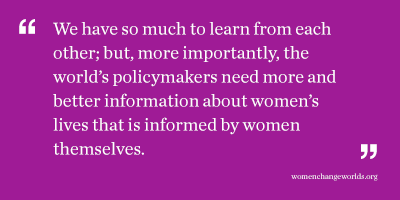 market women organizations, with a special focus on gender parity in leadership. Although women are, by far, the largest proportion of marketers and traders, often it is the few men who are afforded positions of leadership that allow them to engage with policymakers. The market women who participated in our study would like to see women’s voices rise to the top and for women’s leadership to be recognized with top-level posts. Additionally, they indicated that the time might be right for a West Africa-wide market women’s organization that allowed market women from different countries to network, share best practices, and shape policy that affects them. Many touted the Sirleaf Market Women’s Fund as a good example of a multi-constituency organization that has raised the visibility of market women’s issues at the same time as it has brought different stakeholders together for a common cause, and they imagined this model growing from its roots in Liberia to other countries. Additionally, the pivotal roles of the African Women’s Development Fund, UN Women, and Ford, all of which have provided funding for market women’s issues and related actions, were lauded as model donors.
market women organizations, with a special focus on gender parity in leadership. Although women are, by far, the largest proportion of marketers and traders, often it is the few men who are afforded positions of leadership that allow them to engage with policymakers. The market women who participated in our study would like to see women’s voices rise to the top and for women’s leadership to be recognized with top-level posts. Additionally, they indicated that the time might be right for a West Africa-wide market women’s organization that allowed market women from different countries to network, share best practices, and shape policy that affects them. Many touted the Sirleaf Market Women’s Fund as a good example of a multi-constituency organization that has raised the visibility of market women’s issues at the same time as it has brought different stakeholders together for a common cause, and they imagined this model growing from its roots in Liberia to other countries. Additionally, the pivotal roles of the African Women’s Development Fund, UN Women, and Ford, all of which have provided funding for market women’s issues and related actions, were lauded as model donors.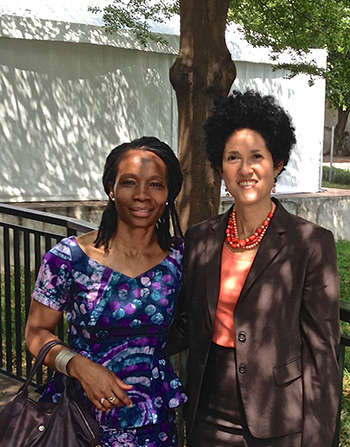
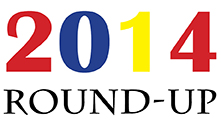
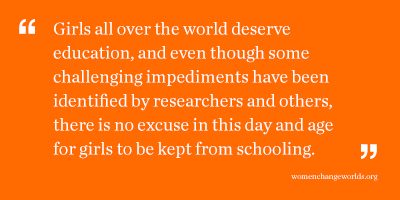 capital. It was witnessing homelessness in her city that inspired her to figure out how she and her family could make a real difference, and her “power of half” principle has since become a movement.
capital. It was witnessing homelessness in her city that inspired her to figure out how she and her family could make a real difference, and her “power of half” principle has since become a movement.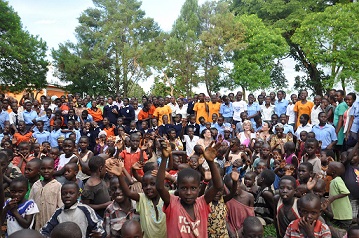
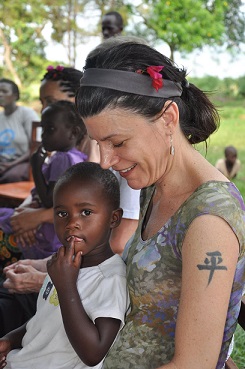 Jen Dirga
Jen Dirga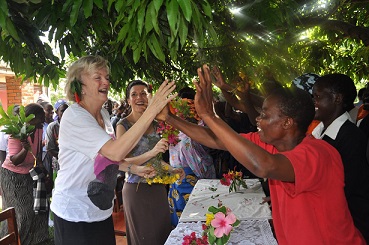 Sallie Dunning
Sallie Dunning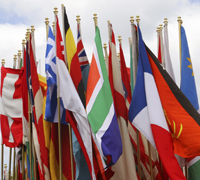
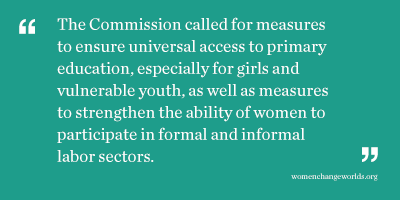 The Commission also stated that the post-2015 development agenda must include gender-specific targets across other development goals, strategies, and objectives -- especially those related to education, health, economic justice, and the environment. It also called on governments to address the discriminatory social norms and practices that foster gender inequality, including early and forced marriage and other forms of violence against women and girls, and to strengthen accountability mechanisms for women's human rights.
The Commission also stated that the post-2015 development agenda must include gender-specific targets across other development goals, strategies, and objectives -- especially those related to education, health, economic justice, and the environment. It also called on governments to address the discriminatory social norms and practices that foster gender inequality, including early and forced marriage and other forms of violence against women and girls, and to strengthen accountability mechanisms for women's human rights.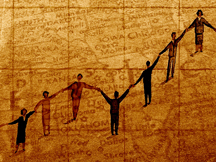
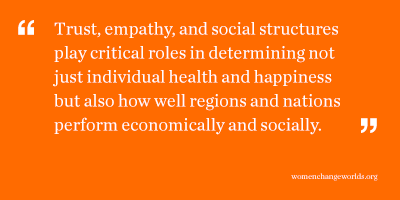 A model for human experience that emphasizes our separateness works against our sense of basic connection and belonging. It leads us to believe that we should function autonomously in situations where that is impossible. By placing unattainable standards of individualism on us, it leaves us vulnerable to feeling even more inadequate, ashamed, and stressed out. There is abundant data that social ties are decreasing in the U.S.; more and more people feel they can trust no one. (Putnam, R. 2000 Bowling Alone: The collapse and revival of American community. New York: Simon and Schuster.) And traditional psychology with its overemphasis on internal, individual problems contributes to our failure, at a societal level, to invest in social justice and social support programs. Rather than addressing the problems in a society that disempower us and perpetuate systems of injustice, we have tended to locate the problems in the individual.
A model for human experience that emphasizes our separateness works against our sense of basic connection and belonging. It leads us to believe that we should function autonomously in situations where that is impossible. By placing unattainable standards of individualism on us, it leaves us vulnerable to feeling even more inadequate, ashamed, and stressed out. There is abundant data that social ties are decreasing in the U.S.; more and more people feel they can trust no one. (Putnam, R. 2000 Bowling Alone: The collapse and revival of American community. New York: Simon and Schuster.) And traditional psychology with its overemphasis on internal, individual problems contributes to our failure, at a societal level, to invest in social justice and social support programs. Rather than addressing the problems in a society that disempower us and perpetuate systems of injustice, we have tended to locate the problems in the individual. 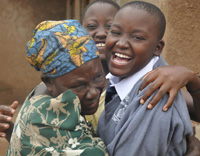 Social Justice Dialogue: Eradicating Poverty
Social Justice Dialogue: Eradicating Poverty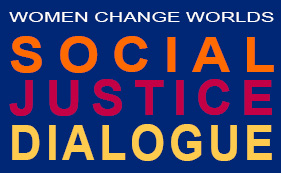
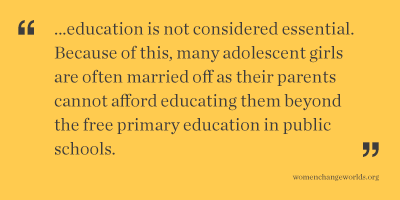 I was fortunate, however, that my parents were not desperate for the bride price when I was a growing up. I could have been sold for a cow or a goat. Instead, at age 14, when I was feeling hopeless and working as a barmaid, a wonderful family in Kentucky (who knew one of my cousins from when they had done missionary work years earlier) enabled my return to school by paying my school fees for five years. I went on to earn my college degree before working with organizations that were striving to improve the lives of poor families in Africa.
I was fortunate, however, that my parents were not desperate for the bride price when I was a growing up. I could have been sold for a cow or a goat. Instead, at age 14, when I was feeling hopeless and working as a barmaid, a wonderful family in Kentucky (who knew one of my cousins from when they had done missionary work years earlier) enabled my return to school by paying my school fees for five years. I went on to earn my college degree before working with organizations that were striving to improve the lives of poor families in Africa.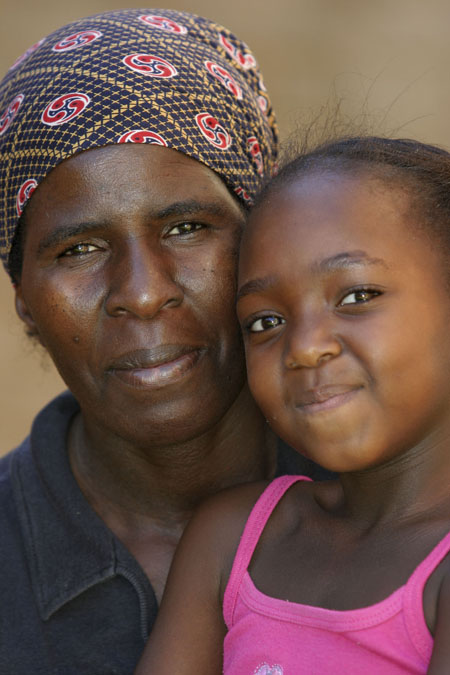
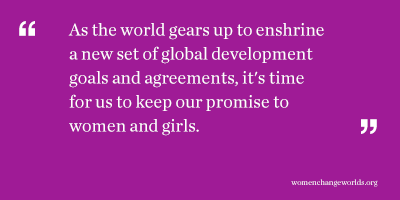 We have waited too long! In 1994, governments agreed to an ambitious
We have waited too long! In 1994, governments agreed to an ambitious 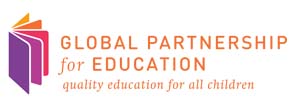
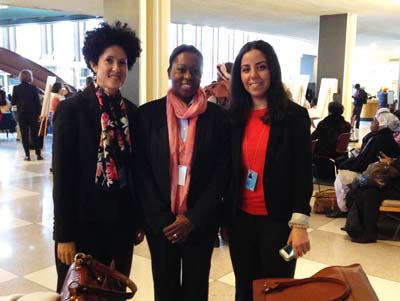
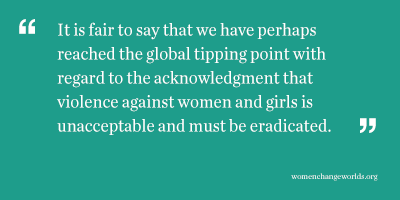 pragmatic level, it was pointed out that the statistical apparatus which will make disaggregation of data possible on global or country-level indicators remains to be designed or put into place.
pragmatic level, it was pointed out that the statistical apparatus which will make disaggregation of data possible on global or country-level indicators remains to be designed or put into place.